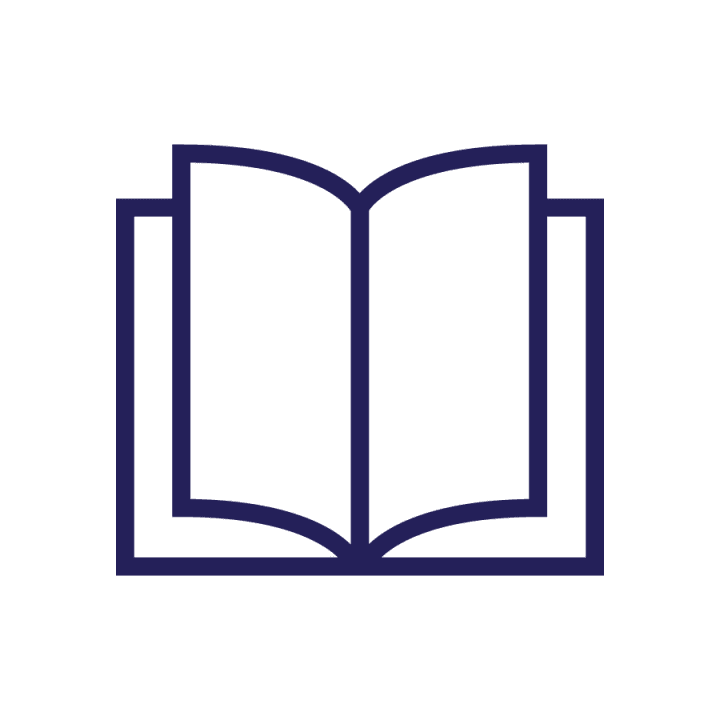Marilynne Robinson was born in 1947 in Sandpoint, Idaho, where she grew up and attended high school. After graduating from Brown University in 1966, she enrolled in the graduate program in English at the University of Washington. While writing her dissertation, Robinson began work on her first novel, Housekeeping (1981). Now regarded by many critics as an American classic, Housekeeping tells the haunting story of two girls growing up in rural Idaho in the mid-1900s. It addresses themes of loss and survival, transience, and coming-of-age. The novel is also steeped in images of the Northwest’s landscape—lakes, mountains, and forests—that reflect Robinson’s knowledge of and concern for the natural world. Housekeeping received the PEN/Hemingway award for best first novel and was nominated for the Pulitzer Prize.
After the publication of Housekeeping, Robinson began writing essays and book reviews for Harper’s, Paris Review, and The New York Times Book Review. She also started teaching, serving as writer-in-residence and visiting professor at numerous colleges and universities, including the University of Kent in England, Amherst College, and the University of Massachusetts. From an essay she wrote for Harper’s, entitled “Bad News from Britain,” Robinson wrote the controversial book Mother Country: Britain, the Welfare State and Nuclear Pollution (1989), a finalist for the National Book Award. The book explored the extensive environmental degradation caused by the British nuclear reprocessing plant Sellafield.
In the tradition of 19th century novelists who turned to the essay, Robinson published a critically acclaimed collection in 1998 called The Death of Adam: Essays on Modern Thought. Through essays on topics ranging from John Calvin to Darwinism to Freud and 20th century psychologists, the book examines and critiques the ideas our culture has handed down to us. Kathleen Norris praised the collection as “a valuable contribution to American life and letters,” while The New York Times Book Review observed that “one of Robinson’s great merits as an essayist is her refusal to take her opinions secondhand. Her book is a goad to renewed curiosity.”
Although Robinson has published only three books, she is widely regarded as one of America’s best contemporary writers.
Excerpt from Housekeeping (1981)
They searched for her. Word was sent out a hundred miles in every direction to watch for a young woman in a car which I said was blue and Lucille said was green. Some boys who had been fishing and knew nothing about the search had come across her sitting cross-legged on the roof of the car, which had bogged down in the meadow between the road and the cliff. They said she was gazing at the lake and eating wild strawberries, which were prodigiously large and abundant that year. She asked them very pleasantly to help her push her car out of the mud, and they went so far as to put their blankets and coats under the wheels to facilitate her rescue. When they got the Ford back to the road she thanked them, gave them her purse, rolled down the rear windows, started the car, turned the wheel as far to the right as it would go, and roared swerving and sliding across the meadow until she sailed off the edge of the cliff.
My grandmother spent a number of days in her bedroom. She had an armchair and a footstool from the parlor placed by the window and looked into the orchard, and she sat there, food was brought to her there. She was not inclined to move. She could hear, if not the particular words and conversations, at least the voices of people in the kitchen, the gentle and formal society of friends and mourners that had established itself in her house to look after things. Her friends were very old, and fond of white cake and pinochle. In twos and threes they would volunteer to look after us, while the others played cards at the breakfast table. We would be walked around by nervous, peremptory old men who would show us Spanish coins, and watches, and miniature jackknives with numerous blades designed to be serviceable in any extremity, in order to keep us near them and out of the path of possible traffic. A tiny old lady named Ettie, whose flesh was the color of toadstools and whose memory was so eroded as to make her incapable of bidding, and who sat smiling by herself in the porch, took me by the hand once and told me that in San Francisco, before the fire, she had lived near a cathedral, and in the house opposite lived a Catholic lady who kept a huge parrot on her balcony. When the bells rang the lady would come out with a shawl over her head and she would pray, and the parrot would pray with her, the woman’s voice and the parrot’s voice, on and on, between clamor and clangor. After a while the woman fell ill, or at least stopped coming out on her balcony, but the parrot was still there, and it whistled and prayed and flirted its tail whenever the bell rang. The fire took the church and its bells and no doubt the parrot, too, and quite possibly the Catholic lady. Ettie waved it all away with her hand and pretended to sleep.
Selected WorkThe Death of Adam: Essays on Modern Thought (1998)Mother Country (1988)Housekeeping (1981)
LinksReading guide to HousekeepingPoets & Writers Magazine article on HousekeepingNew York Times book review on The Death of Adam
